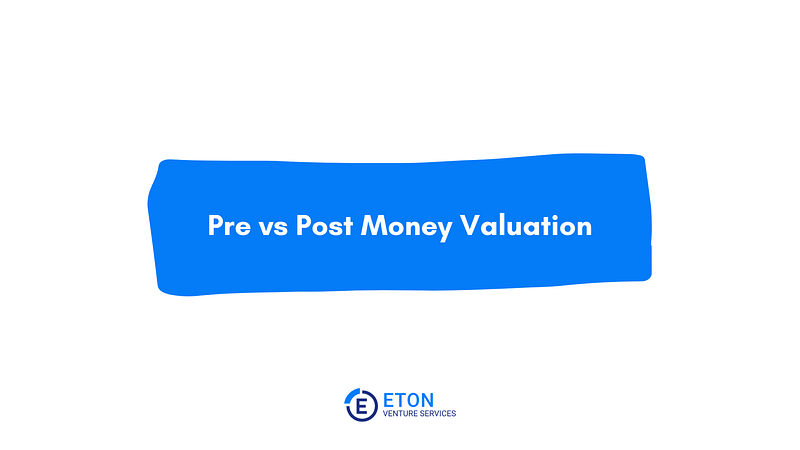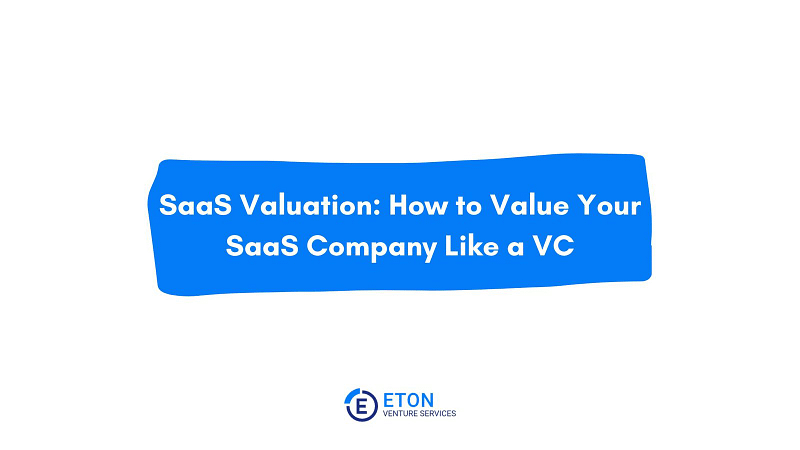Why and How to Approach Crypto Valuation: Some Key Considerations
Bitcoin and the cryptocurrency asset class can seem intimidating to those unfamiliar with them. With so much volatility, a somewhat complicated technological underpinning, and myriad questions relating to legal and tax issues, it’s a miracle the space has seen so much adoption in recent years.
Perhaps one of the most confounding aspects involves the question “how is cryptocurrency value calculated?”. With so much speculation and uncertainty in this new asset class, the answer can seem elusive.
Concerns about regulatory compliance often come as a close second. A key factor in compliance involves honest and accurate valuations – an idea that often gets overlooked.
In this article, we will shed light on both issues.
Why Do We Need Consider the Necessity of Crypto Valuation? Tax & GAAP Compliance
First, why do we need valuations for crypto? The primary answer comes down to compliance in terms of taxes and accounting.Generally accepted accounting principles (GAAP) constitute a ruleset which business and corporate accounting must abide by. GAAP is the foundation for the Financial Accounting Standards Board’s (FASB) approved accounting methods.
There are ten GAAP principles that must guide businesses releasing financial statements and publicly traded companies. Without valuations, complying with these principles would be impossible.
Take the principle of prudence, for example. This rule requires speculation to not be a factor in the reporting of financial data. In the absence of some kind of formal valuation, any statement regarding financial data would amount to little more than speculation.
Or the principles of materiality and utmost good faith, for instance. These state that financial reports must fully disclose an organization’s monetary situation and that all involved parties act honestly. How many crypto companies abide by these? Without token valuations, the current monetary situation would be quite difficult to determine, and it would be hard to assume everyone is acting honestly.
Using a crypto valuation model provides transparency and builds trust with potential clients, customers, and investors. While the crypto industry has been plagued by scams and poorly put together projects in the past, providing valuations for crypto can help bring honesty and legitimacy to the space.
This brings us to the question: how do you value crypto?
Traditional Crypto Valuation Methods
With crypto tokens, the data points required for traditional valuation models don’t exist. There are no profits, revenues, dividends, or cash flows to speak of. A cryptocurrency’s valuation must therefore be derived from other sources.
Fortunately, there are still some objective measures by which to determine the value of a cryptocurrency.
What analysis is best for crypto? While no concrete answer exists, there are several schools of thought from which to choose.
Here are three common crypto valuation methods.
Using Daily Active Addresses for Crypto Valuation
One of the simplest ways to gauge a crypto’s potential valuation is by looking at the daily active addresses (DAAs) or users. The idea here is that the more users engaging with the network on a daily basis, the greater value a token could have. This can serve as a way to identify trends and tends to be most effective when used in combination with other metrics like NVT.
Network Value-to-Transaction Ratio (NVT) for Crypto Valuation
The network value-to-transaction ratio (NVT) attempts to value a cryptocurrency by measuring the ratio of its network value to its daily on-chain transaction volume. This crypto valuation method is similar to the P/E ratio used in equity markets.
NVT is thought to provide a barometer of a token’s undervalued or overvalued status based on its market cap versus the network’s volume of transactions. Transaction volume is thought to be representative of the utility that a network provides.
When the NVT ratio rises to a high level, this could indicate that a token is overvalued, as its market cap exceeds the practicality of the token itself.
NVT might be best suited to utility tokens, as they have a specific use case behind them. Other coins, like those that are intended to serve as a store of value, might be less accurately valued by the NVT metric.
Store of Value Thesis for Crypto Valuation
Cryptocurrencies could behave as attractive stores of value for a variety of reasons. One crypto valuation method involves assessing the store of value potential that a cryptocurrency might hold.
It comes down to supply and demand. The scarcer an asset proves to be, the greater likelihood it could serve as a store of value.
An asset with a fixed supply limit, like Bitcoin’s 21 million hard cap, could serve as a store of value. Fiat currencies have no supply limit, and in recent years have seen their supplies expanded to the tune of trillions. This could, in theory, lead to the value of Bitcoin increasing in terms of fiat currency, assuming a consistent or growing level of demand.
For example, if the market for Bitcoin were to grow to the size of the current market for gold, that would equate to a market cap of $11 trillion. The price of one Bitcoin would then be over $523,000 ($11 trillion divided by 21 million coins = $523,000).
Each of these crypto valuation methods have their own benefits and drawbacks. Each method can be thought of as a lens through which to view the token of a given network, with some lenses being more suited to particular types of networks than others.
Final Thoughts on Crypto Valuation
Crypto valuation methods are even newer than the asset class itself. No single method can be considered superior to others. Looking at multiple metrics in combination with each other can increase their accuracy, as is often the case with financial data points, whether they be technical or fundamental.
It’s important to provide some valuation for crypto to be compliant with tax and GAAP laws. Without some kind of informed estimate of valuation, how do you evaluate a crypto company?
For full transparency and compliance with regulations, particularly GAAP, utilizing crypto valuation metrics is crucial.
How Can Eton Help With Crypto Valuation?
At Eton Venture Services, we were founded by veteran Silicon Valley lawyers and include a team of CFAs who were trained by the Big Four. Our singular focus on valuation, lack of conflicts, and thousands of valuations under our belt, make us the valuation provider of choice for private companies, venture capital firms, and their advisors. With our extensive experience with Web3 companies and all types of crypto assets and related transactions, we can help you assess the rarity of any NFT and how that trait may affect the NFT’s fair market value through a detailed quantitative analysis of your NFT’s value. Contact Eton today.








